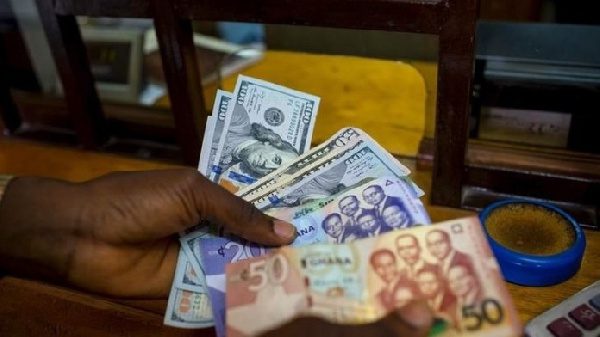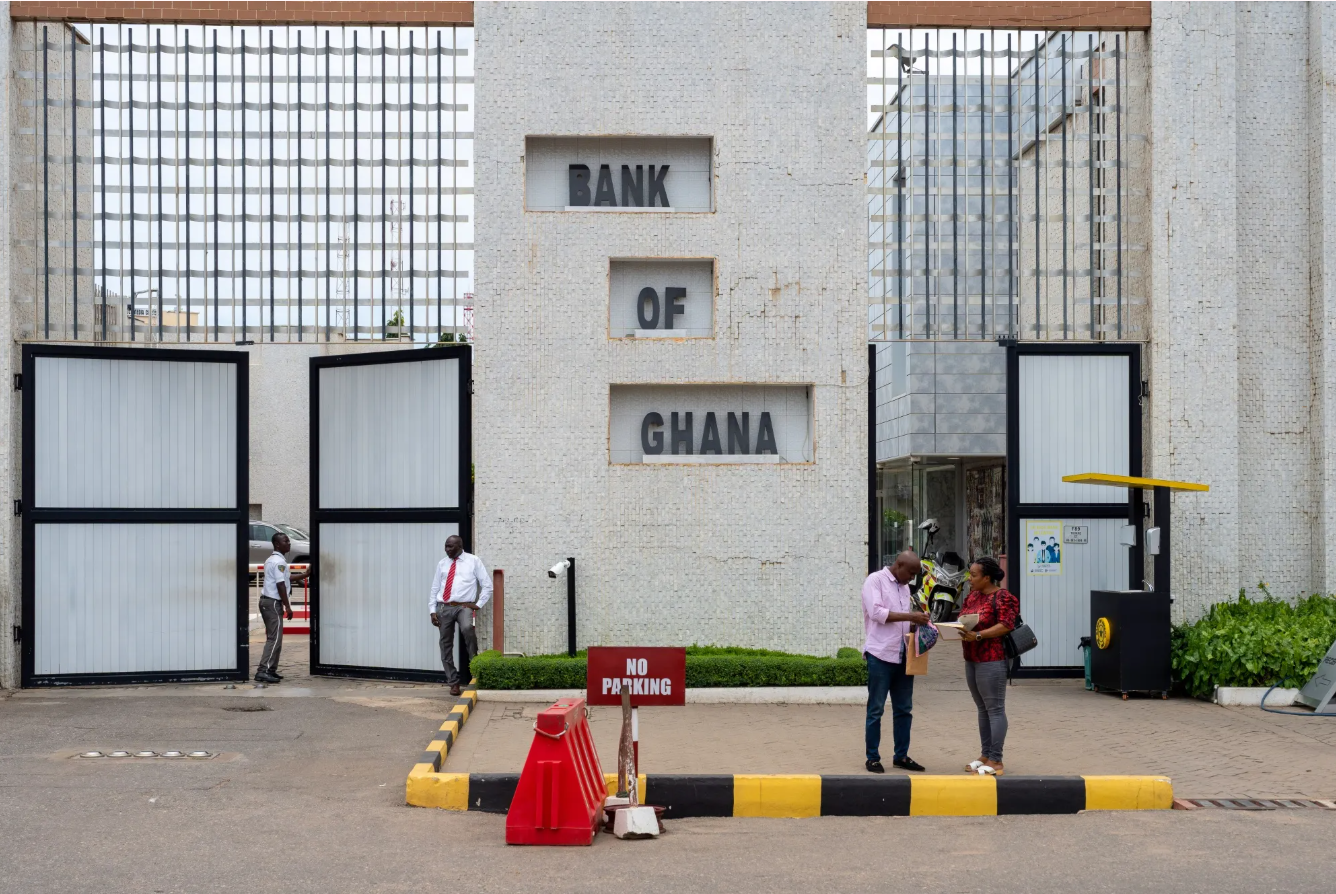
Ghana’s cedi, which briefly held the title of Africa’s best-performing currency in early June 2025, has hit a major stumbling block amid surging demand for U.S. dollars and a sharp decline in physical dollar liquidity at local banks.
- Ghana’s cedi experienced a major reversal, losing gains made earlier in June 2025
- Inflation rates in Ghana fell to a three-year low in May, reaching 18.4%, yet, recent forex instability threatens progress.
- The Bank of Ghana faces pressure to stabilize the currency as delayed export receipts and increasing import demands strain the forex market.
The Bank of Ghana’s official exchange rates have erased all modest gains made earlier in the month, as the cedi continues to weaken against the dollar. The reversal follows weeks of modest recovery, supported by central bank interventions and a temporary slowdown in import demand.
Ghana’s inflation rate had fallen to a three-year low in May, easing to 18.4% from 21.2% in April, thanks to a stronger currency and reduced import costs.
However, the recent dollar shortage is undermining that progress, intensifying pressure on the foreign exchange market.
Cedirates, an online currency monitoring platform, reported a sharp increase in dollar rates this week as financial institutions struggled to meet demand. The shortage has made it difficult for Ghanaians to withdraw dollars from banks, reflecting broader instability in the forex market.
Dollar shortages reported

Over the past week, several commercial banks and forex bureaus in Accra and other major cities have reported an acute scarcity of physical dollars, making it difficult for customers to withdraw or access hard currency.
Customers attempting to make dollar withdrawals, especially for business transactions or travel, have been turned away or told to wait indefinitely. The shortage has led to a widening gap between official and parallel market rates, fueling speculation and further weakening confidence in short-term forex stability.
Currency traders say the shortage is linked to a mix of delayed inflows from export receipts, declining remittances, and increased demand from importers.
“There simply isn’t enough dollar liquidity in the system right now,” one banker said. “We’re telling clients to wait until next week when we expect some fresh inflows from correspondent banks and central bank interventions.”
More dollars expected as IMF disbursement nears
The Bank of Ghana (BoG), which implemented a series of monetary and regulatory measures earlier this month including dollar sales and forward auction interventions to stabilize the cedi, now faces renewed pressure to act swiftly amid deepening currency volatility.
Analysts warn that if the physical dollar shortage persists, it could fuel inflation, boost black market activity, and further complicate Ghana’s post-IMF program recovery.
However, Cedirates, an online currency monitoring platform, reported that Ghana is expected to receive a fresh supply of physical dollars next week, which could offer some short-term relief.
In December 2024, the International Monetary Fund (IMF) Executive Board approved a $360 million disbursement to Ghana under its $3 billion Extended Credit Facility (ECF) program, following the successful completion of the third review of the country’s performance.
The expected disbursement is anticipated to stabilize the cedi and strengthen the dollar base in the economy.












